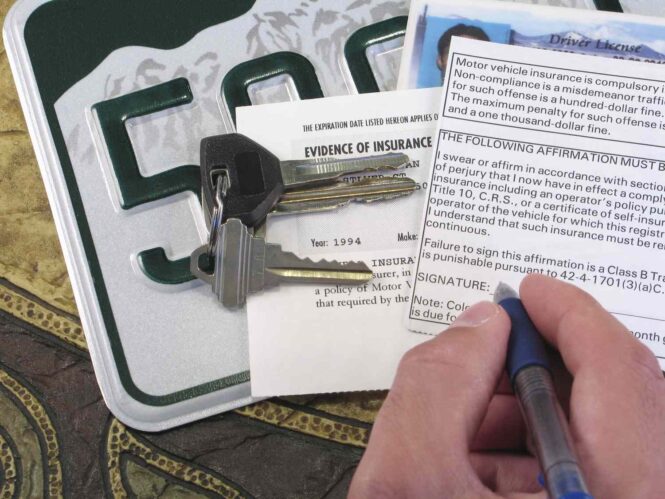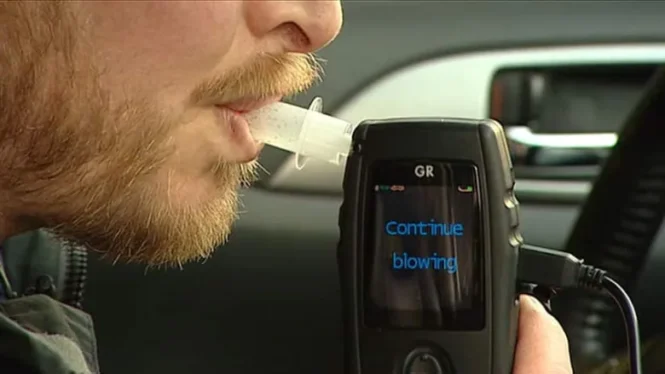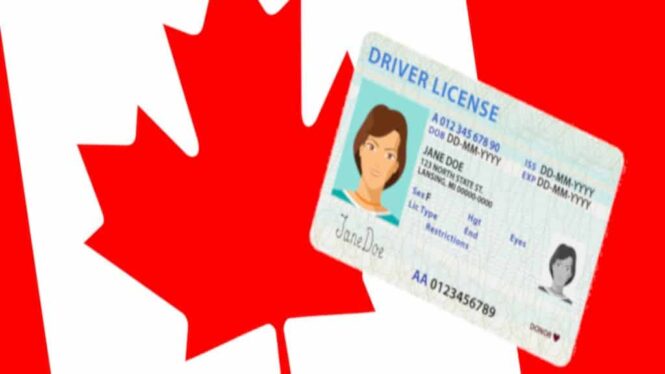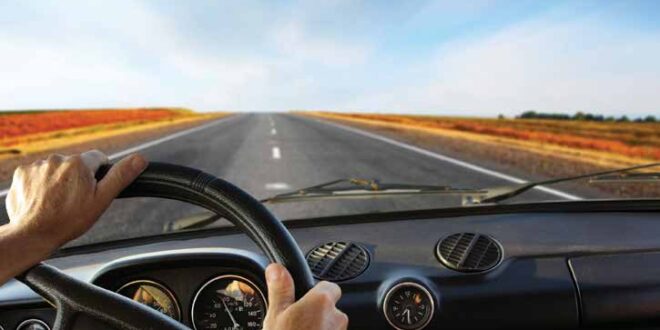Are you planning on buying your first car? You’d want to check out the New Brunswick driving laws at the outset. Apart from the rules you’ve already learned during your training as a driver, several regulations are also associated with vehicle ownership. Having a clear understanding of driving laws will help you avoid unpleasant surprises.
Once you have figured out the laws, you can get your car, have it registered, and choose a reputed auto insurance brokerage to help you find car insurance in New Brunswick. This article discusses some of the crucial laws that every car owner in New Brunswick should know.
New Brunswick driving laws to keep in mind
Let’s get to it right away and explore the laws you should know as a vehicle owner in New Brunswick:
1. Registration

Getting your new vehicle registered is, of course, a mandatory requirement. The law strictly states that every motor vehicle in New Brunswick must be registered. Additionally, you’re also required to keep the registration permit in your vehicle at all times.
If you’re buying a used car currently owned by someone else, you need to get the ownership transferred. For this, you must obtain the current registration certificate of the vehicle with the signature of the current owner on it. Only after you submit the document at an issuing office will the vehicle be transferred to your name, and you’ll receive a new registration certificate.
2. Insurance
The motor vehicle laws in New Brunswick also mandate automobile insurance coverage for all vehicles. You aren’t allowed to own an uninsured vehicle in New Brunswick, and driving one around can land you in trouble. Per the law, every registered vehicle in the province must have the following auto insurance coverage as the bare minimum.
- Accident benefits
Your insurance policy should offer accident benefits for the driver and passengers. It covers the loss of income benefits, funeral benefits, death benefits, and medical and rehabilitation expenses. Do note that accident benefits can be claimed only if someone else was responsible for the accident.
- Third-party liability
Third-party liability insurance covers the vehicle owner and the driver for injuries or property damage caused to others. Your vehicle is required to have liability insurance coverage worth at least $200,000.
- Direct compensation for property damage
This benefit covers the loss of or damage caused to your vehicle or its contents, provided that someone else was responsible for the accident. Instead of collecting the compensation from the person responsible, you can directly get it from your insurer.
- Uninsured automobile and unidentified automobile insurance
What happens when you’re injured in an accident caused by an uninsured or unidentified driver? This is where the uninsured automobile and unidentified automobile insurance will be useful, compensating you adequately. You can also receive compensation for the damage caused to your vehicle as long as the responsible driver is identified.
Make sure to check with a reputed insurance company and get your new vehicle insured. Apart from the mandatory coverages, you may also opt for benefits like family protection endorsement, collision or upset insurance, comprehensive insurance, and GAP insurance.
3. Drinking and driving laws in New Brunswick

Inebriated drivers are at fault for a large chunk of traffic accidents in New Brunswick and the rest of Canada.
So, let’s check out the New Brunswick impaired driving laws:
- If you’re aged under 21, drinking and driving are entirely prohibited. This means you must maintain a blood alcohol content (BAC) of 0.00% while driving.
- The rule is a little relaxed for drivers aged 21 and above. The permissible limit for BAC while driving is 0.05% for those above this age.
- If caught driving with a BAC between 0.05% and 0.08%, it’ll lead to a seven-day driving license suspension.
- You can have your license suspended for 90 days if your blood alcohol concentration exceeds 0.08% while driving. Remember that you may face harsher penalties if you’re a repeat offender.
4. Driving time restrictions for seniors
In 2019, New Brunswick passed a new driving law setting certain restrictions for senior drivers. Individuals aged 65 and above are barred from driving any motor vehicle from between 6 am and 9 am and between 3 pm and 5 pm. Understandably unpopular among seniors, this law was created to reduce the problem of slow traffic during rush hours.
It had become a common occurrence for New Brunswick government employees to be late to work and suffer even more delay when returning home. While the traffic is naturally bad during those hours, senior drivers driving slowly didn’t help the situation either. The law seeks to reduce tardiness, accidents, and road rage incidents.
5. Graduated driver’s license laws
These are a set of driving laws aimed at reducing traffic accidents by addressing the highest risk-inducing factors. As per the latest GDL laws, there are different levels of driving licenses provided based on experience.
Level 1 driving license

Drivers with a level 1 license aren’t allowed to drive between midnight and 5 am and must maintain a BAC of 0.00%. They’re also prohibited from driving alone with any other passengers besides a supervising driver with at least three years of driving experience. After a 12-month wait (8 months if you clear a driver training course), you may take a road test and advance to level 2.
Level 2 driving license
Once you obtain a level 2 driving license, you’re permitted to drive with a maximum of three passengers. You may also drive between midnight and 5 am if you meet one of the following conditions:
- You’re driving to or from work or school
- It’s an emergency
- You’re at least 21 years old
- The Registrar of Motor Vehicles has issued you a special permission
- You have a supervising driver with at least three years of experience
Remember that level 2 drivers are still required to keep their BAC level at 0%. After remaining a level 2 driver for 12 more months, you may obtain a full license.
New Brunswick driving laws that drivers should know — Endnote
So, that covers the most important driving laws to keep in mind when getting a car in New Brunswick. Do not forget to put some time into choosing the right insurance policy. Insurance is necessary not only for the sake of meeting the requirements of car ownership but also for adequate financial protection.
 Imagup General Magazine 2025
Imagup General Magazine 2025



